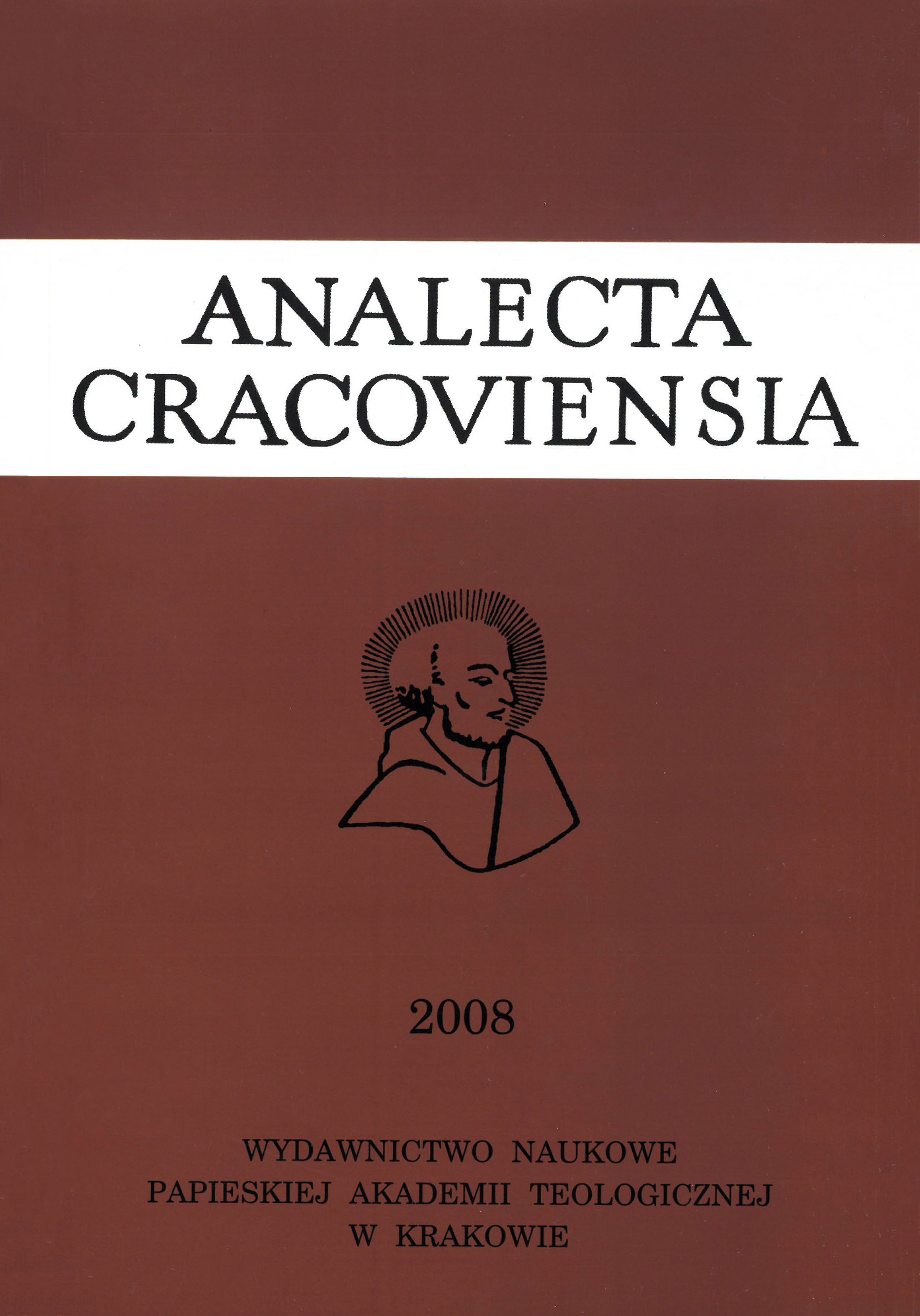Maryja w życiu Kościoła w przepowiadaniu biskupa Karola Wojtyły w 1963 roku
DOI:
https://doi.org/10.15633/acr.4007Abstrakt
The article “Mary in the life of the Church in bishop Karol Wojtyła’s discourses said in 1963” concerns a special time when the Polish catholic Church was preparing to celebrate the Millennium of Christianity in 1966 and the Second Vatican Council had been held in Rome from 1962 to 1965. Bishop Wojtyla organized the Marian Days in the Archdiocese of Cracow in 1963. It was an opportunity to make deeper and deeper the role of devotion to the Mother of Christ in the spiritual lives of people and in the Church. The originality of the article consists in analyzing pastoral writings, some of which have never been published.
Bishop K. Wojtyla’s understanding of the title of Mary as Mother of the Church is rooted in the theology of Redemption and in the theology of divine grace. He underlined that Mary had cooperated closely with his Son in redeeming people, and she has continued to help as Mother of Divine Grace. Bishop Wojtyla was convinced that Mary was the Mother of the Church not only because of being an important role model for people but also because of conserving her specific role in the Redemption. Her role regarding the Church consists in procuring the fruits of Redemption of her Son for all humanity. This is the rison why bishop Wojtyla, during the second session of the Vatican Council, proposed the Marian chapter as the second one of the Dogmatic Constitution of the Church Lumen Gentium. The article is a new contribution to the Mariology of Karol Wojtyla – John Paul II.
The traditional devotion to Mary was an important source for the bishop of Cracow. The article shows the pastoral care of bishop Wojtyla in his desire to make the traditional devotion theologically profound. Important to him as well were the anthropological and social aspects of Marian devotion.
Pobrania
Opublikowane
Numer
Dział
Licencja
Prawa autorskie (c) 2022 Andrzej Dobrzyński

Praca jest udostępniana na licencji Creative Commons Attribution-NonCommercial-NoDerivatives 3.0 Unported License.
Obecnie autorzy publikujący w czasopiśmie udzielają jego wydawcy zgody o następującej treści:
- Autor zachowuje autorskie prawa majątkowe do utworu, a jednocześnie udziela wydawcy czasopisma zgody na jego pierwszą publikację w wersji drukowanej i wersji online na licencji Creative Commons Uznanie autorstwa 4.0 Międzynarodowe oraz zgody na wykonywanie opracowań, w tym przekładów.
- Autor ma możliwość udzielania zgody niewyłącznej na opublikowanie utworu w wersji, która ukazała się w czasopiśmie (np. zamieszczenia go w repozytorium instytucjonalnym lub opublikowania w książce), wraz z informacją o jego pierwszej publikacji w czasopiśmie.
- Autor może umieścić swój utwór online (np. w repozytorium instytucjonalnym lub na swojej stronie internetowej) jeszcze przed zgłoszeniem utworu do czasopisma.

